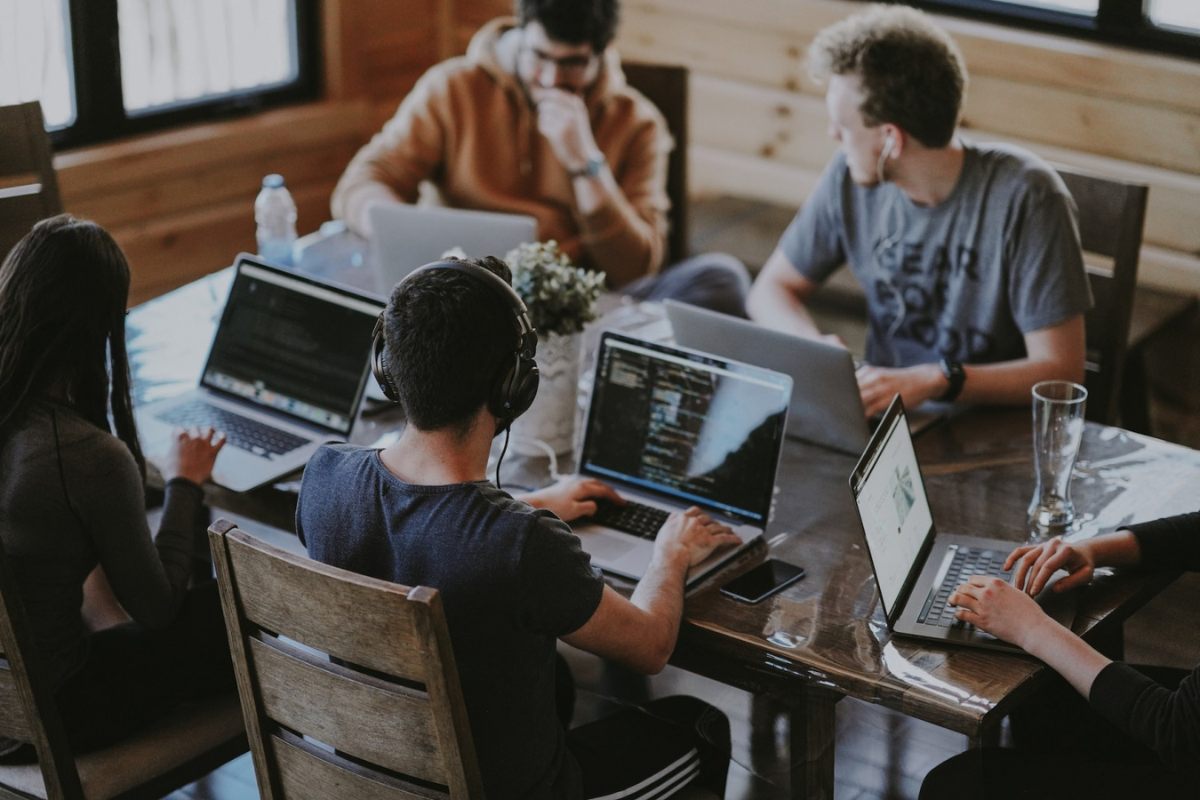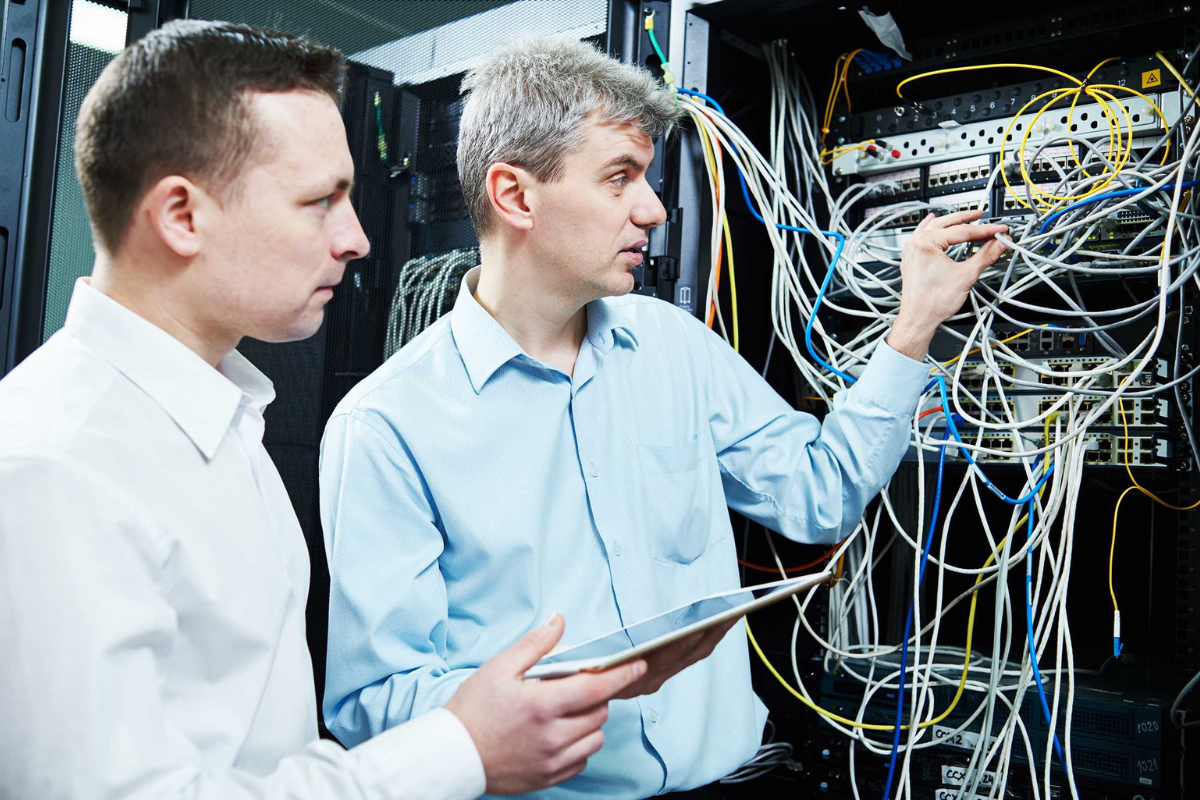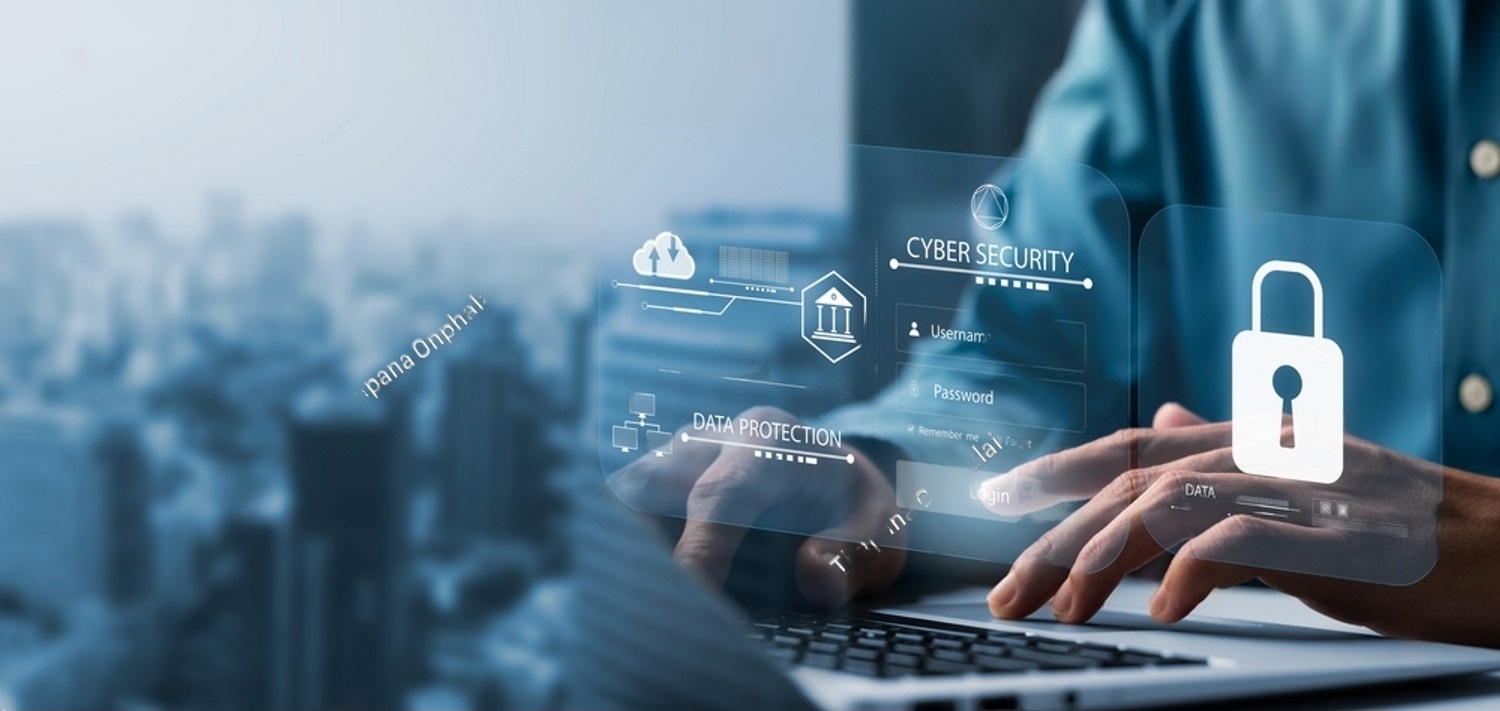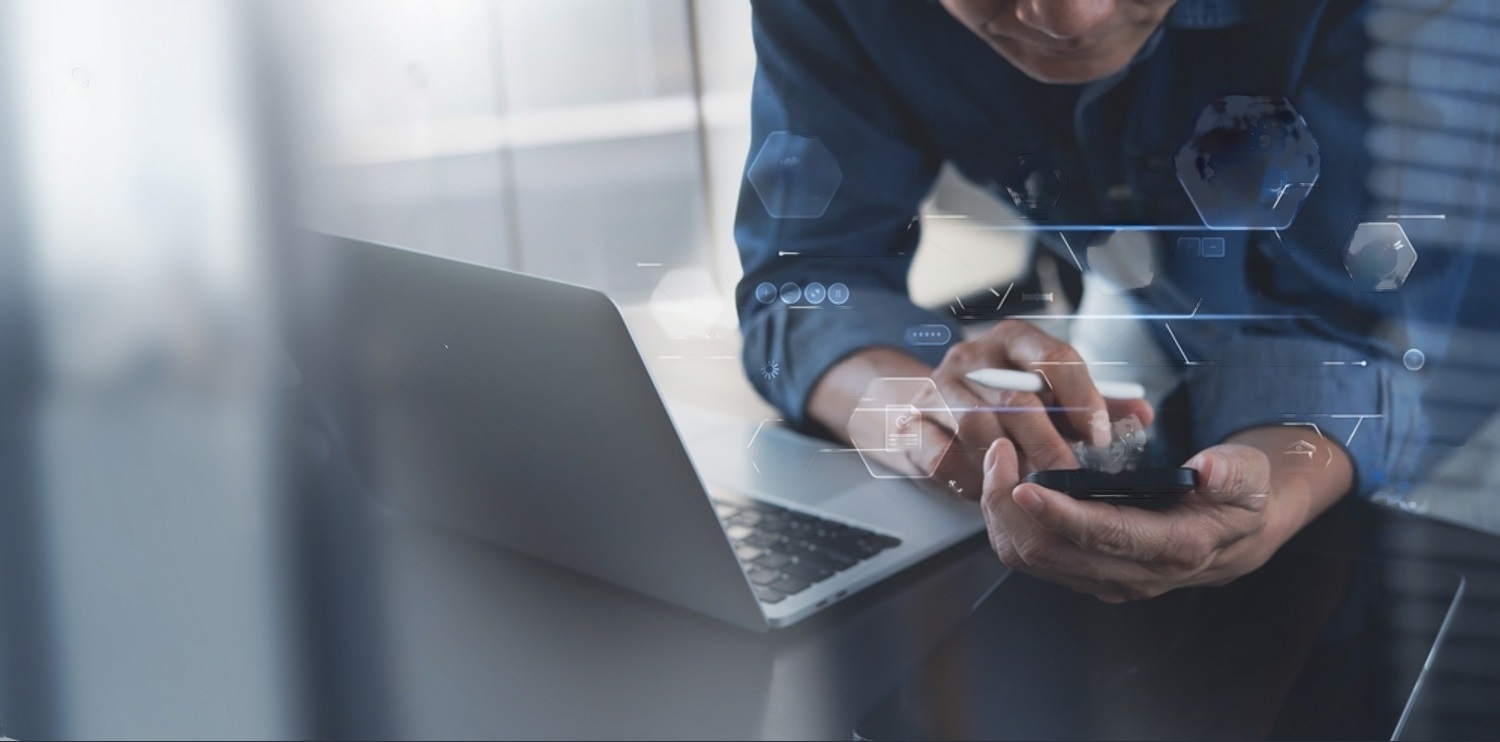In light of the increased attention recently shone on copyright enforcement and metadata retention, not to mention the disturbingly massive amount of information being collected and indexed for public sharing, VPN’s relevance and popularity just went up a few notches. Security and privacy breaches are happening at an alarmingly intensifying rate and steps need to be taken to address this. Whilst there are concerns about VPN also being used to help “mask” certain illegal activities, using VPN is still encouraged by most security-trained solutions experts.
There are quite a number of ways that can uniquely identify a user which is why the choice of what browser, email or any other program or application that lets you access the internet can make a difference. Cookies, browser plugins and digital photo tags can all be used to reveal the authentic IP address of a specific device. Of course, there are ways to mask IP addresses and to some extent, even hide a device’s Mac address. One of the ways is the use of VPN.
VPN or Virtual Private Network by definition “extends a private network across a public network such as the Internet and enables computers or network-enabled devices to send and receive data across shared or public networks as it is were directly connected to the private network, while benefiting from the functionality, security and management policies of the public network.” In the business world, the use of VPN allows a company’s workforce to securely access their company’s intranet whilst working or traveling outside of the office. Private individuals utilize VPN to secure wireless transactions, to work around certain restrictions and censorship. VPN is also used for the purpose of connecting to proxy servers and of course, the protection of personal identity and location.
Whilst most internet analysts say that privacy is dead, it is important to know that a level of privacy and security should always be put in place to protect proprietary and personal information. This is to prevent cyber criminals from using your information against you. Because a VPN’s primary use is to secure your computer’s internet connection and ensures that every bit of data you’re sending or receiving is safe from prying eyes. How does this happen? To connect to a VPN, you need to launch a VPN client on your computer. Once launched, you need to sign in using your set up credentials so your computer can exchange “keys” with a network of servers. Upon authentication, all succeeding internet communication is rendered encrypted and secured.
Business owners, more so than private individuals, should take a closer look at employing VPN in their day to day operations. Consult your local IT solutions expert to find out what steps you could take to ensure that your company’s proprietary information as well as your clients’ remains secure and unavailable to those outside of your chain of information.











